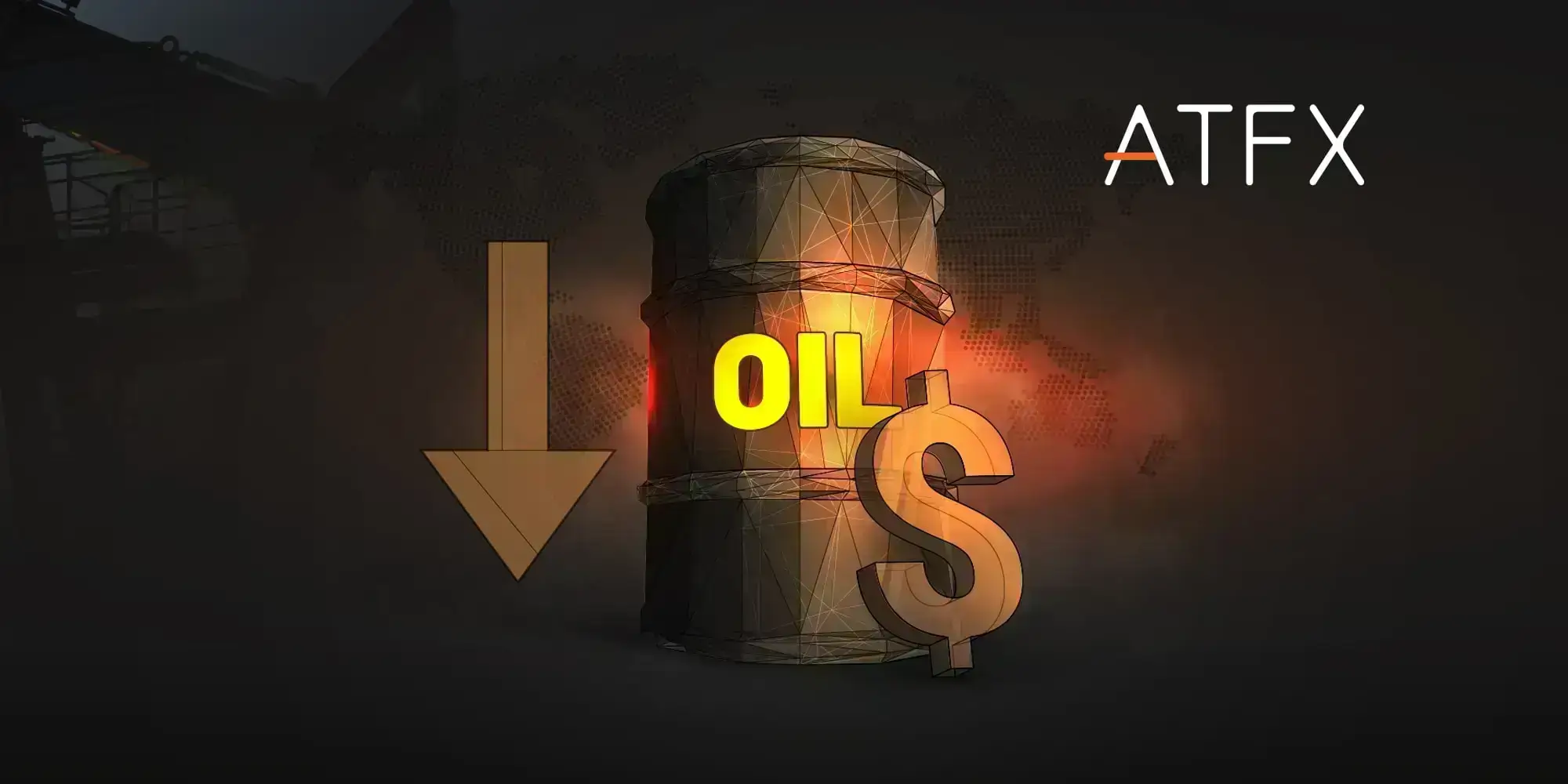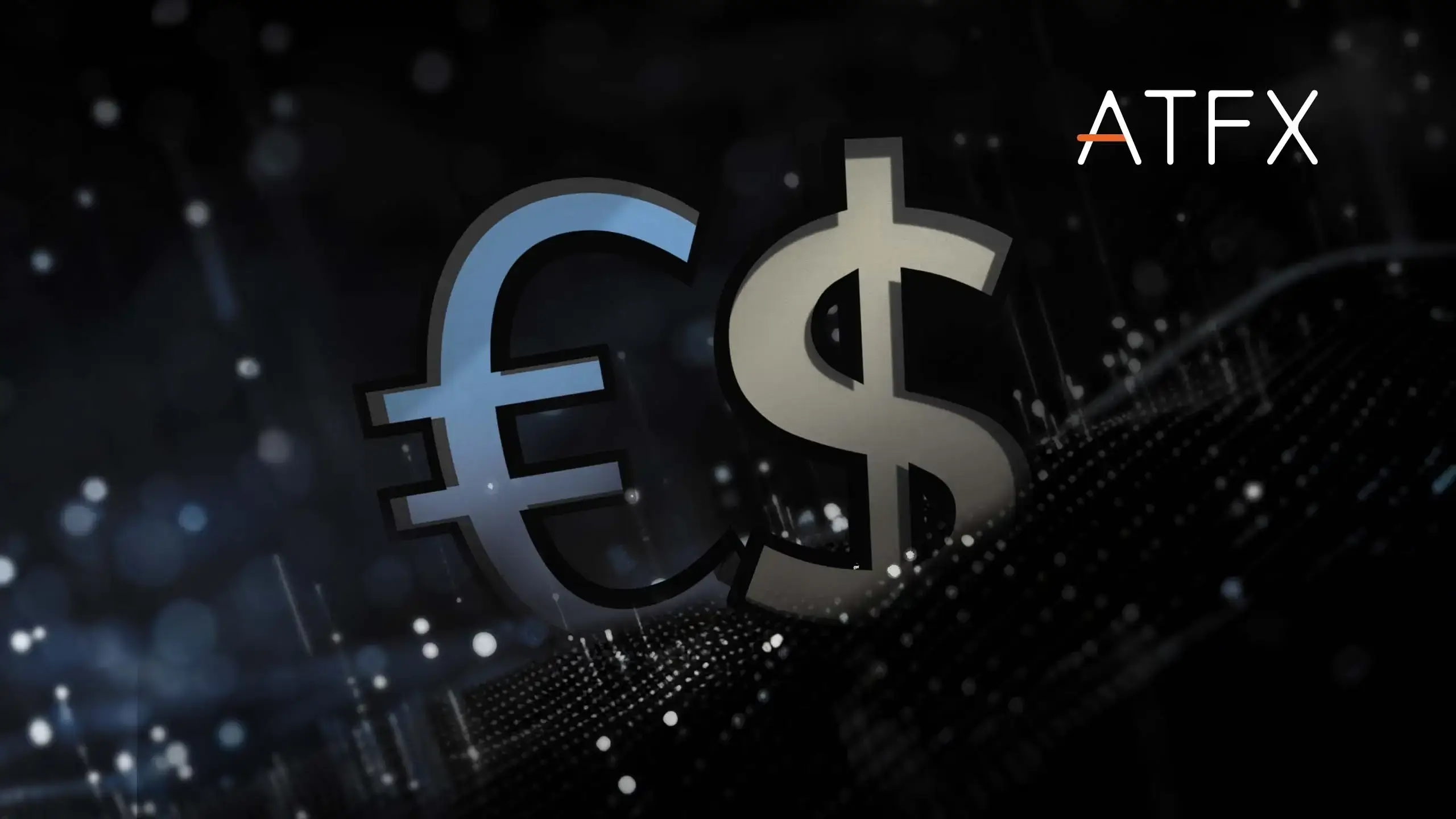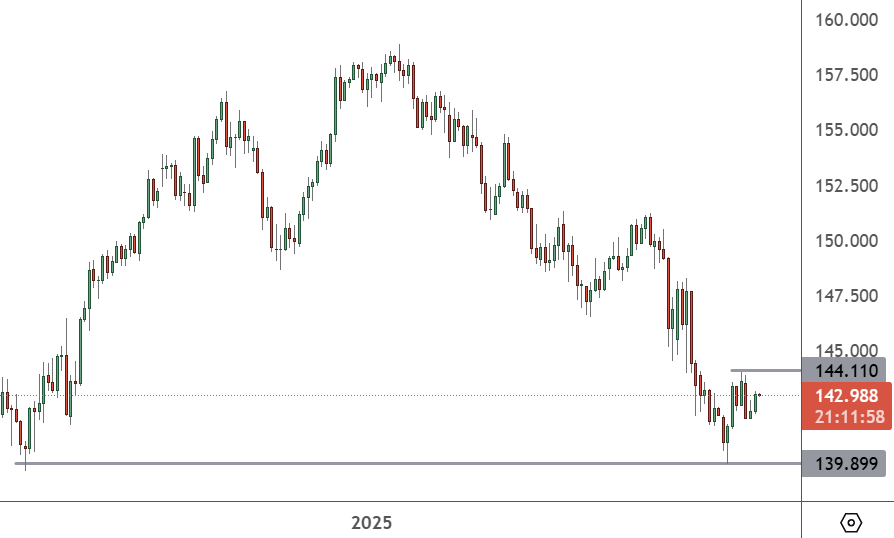USDJPY hit a 20-year-high during the Asian session today at $136.620, marking its highest point in twenty-four years, following the decision of the BoJ to embark on Quantitative Easing on Monday. Concerns over the fate of the Japanese Yen (JPY) following the conclusion of the Bank of Japan (BoJ) to embark on Quantitative Easing involves buying unlimited amounts of both 5 years and 10 years of Japanese Government Bonds (JGBs) worth over ¥10tn at 0.25%. Consequently, many investors today are fearful that the prolonged bullish trend for USDJPY might fuel the possibility of newer highs in June. This is a result of BoJ’s decision to buy large amounts of bonds from the government to boost the economy and support borrowing.
Most countries are currently preoccupied with boosting currency value through interest rate hikes. BoJ responds by being preoccupied with boosting its economy through quantitative easing to its currency exchange rate detriment.
It is therefore not surprising that the BoJ had left its monetary policy unchanged during its session last Friday. The interest rate had remained fixed at the previous rate of -0.10% since 2016.
What is Quantitative Easing
Quantitative easing is the Central Banks’ action geared to boost the economy by buying large numbers of government bonds. By purchasing long-term bonds from the government designed to last for over five to ten years, the central bank increases the liquidity in the financial market. It reduces the cost of borrowing and lending money. This leads to improved economic growth.
What impact does Quantitative Easing have on the Currency?
Very often, quantitative easing is known to increase economic activities within the country but affects the currency exchange rate negatively. Thus we find that this decision by the BoJ to continue purchasing government bonds since this year has negatively affected the yen. The exchange rate for the yen has risen to a 24-year low and is presently trading at ¥135 per dollar. This means we are likely to expect a more increase in the yen’s exchange rate against other currency pairs in the coming weeks.
Why is BoJ not hiking their interest rate?
According to BoJ policymakers, the primary reason for not hiking the Japanese Yen interest rate is because the present economy is too weak. The Japanese economy is unable to withstand any tightening of its monetary policy. The committee revealed they are wary of reversing progress on projected gradual price growth and deflation.


